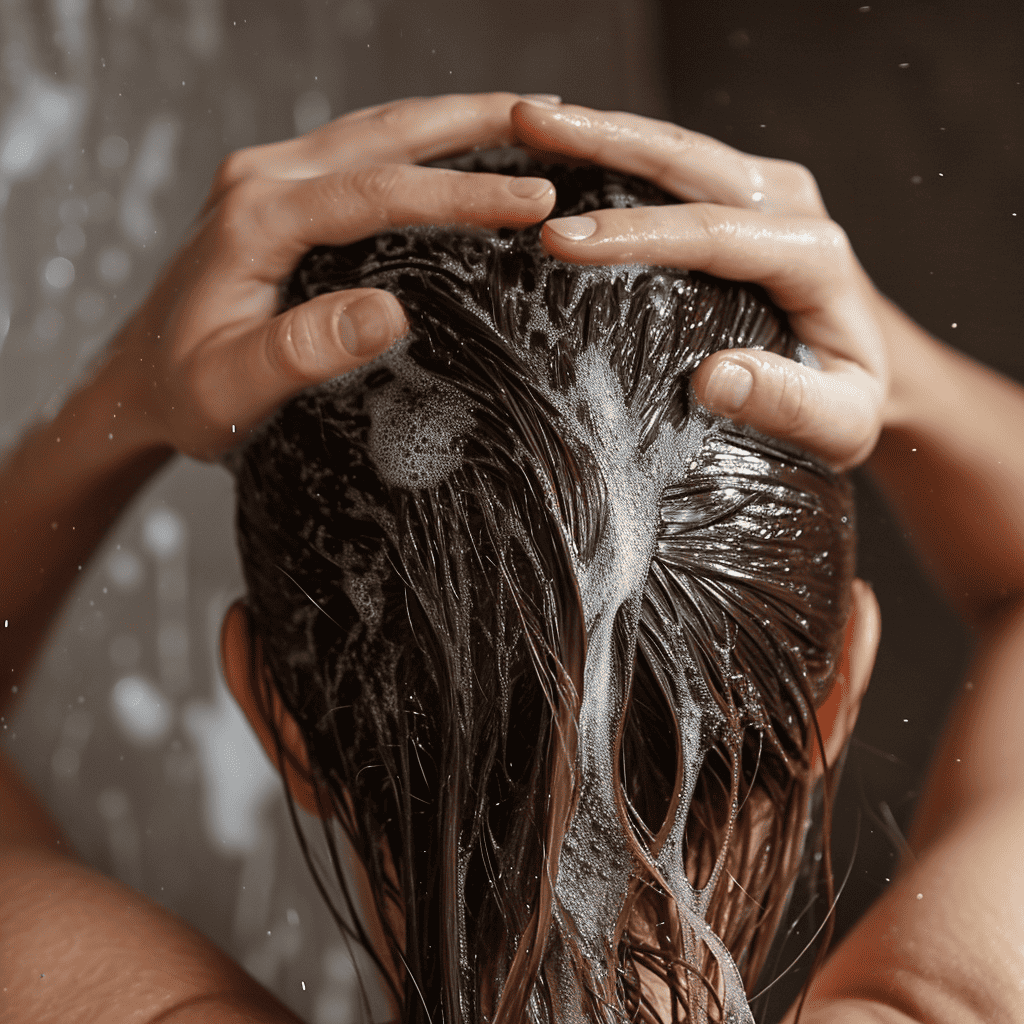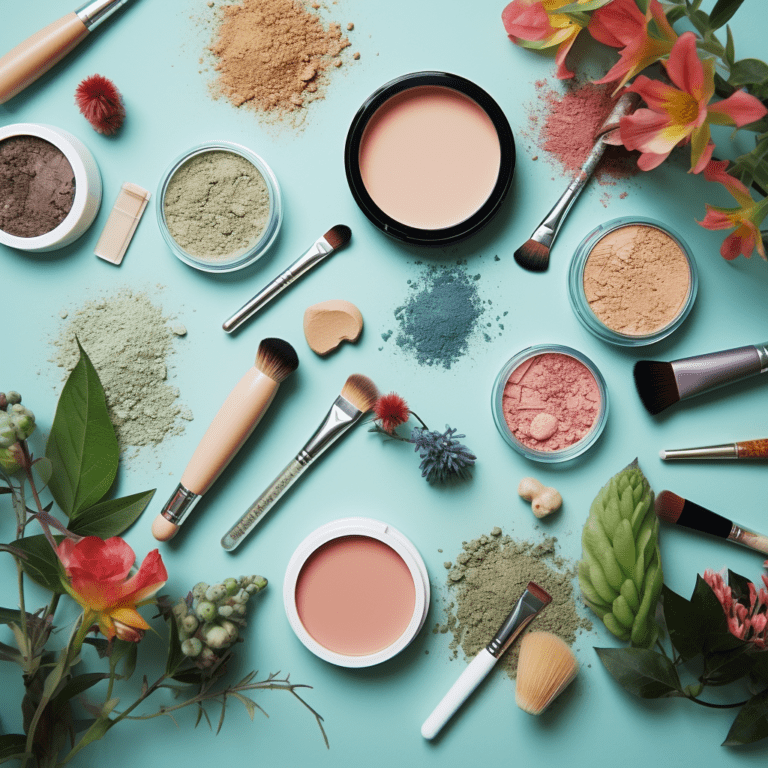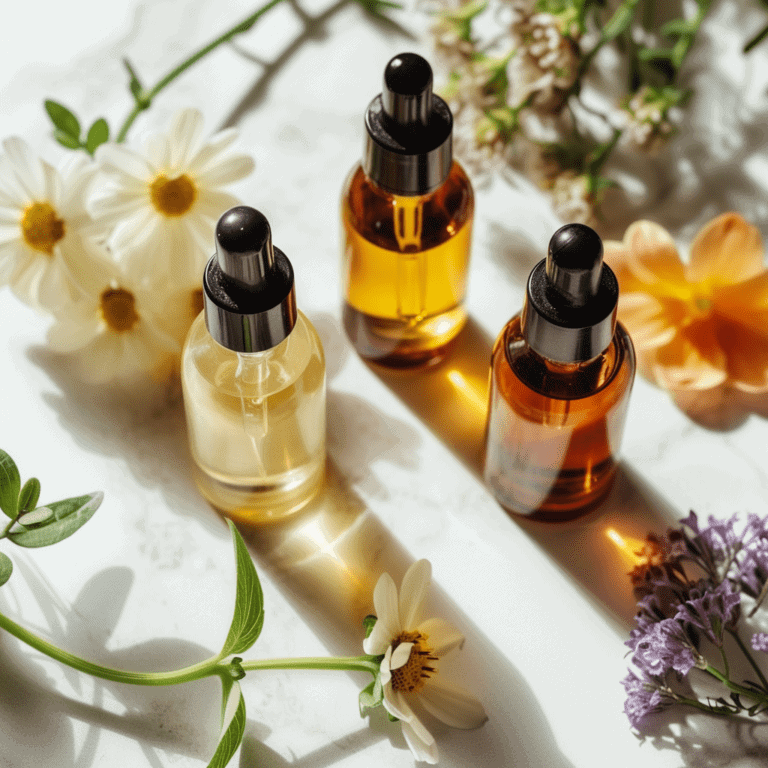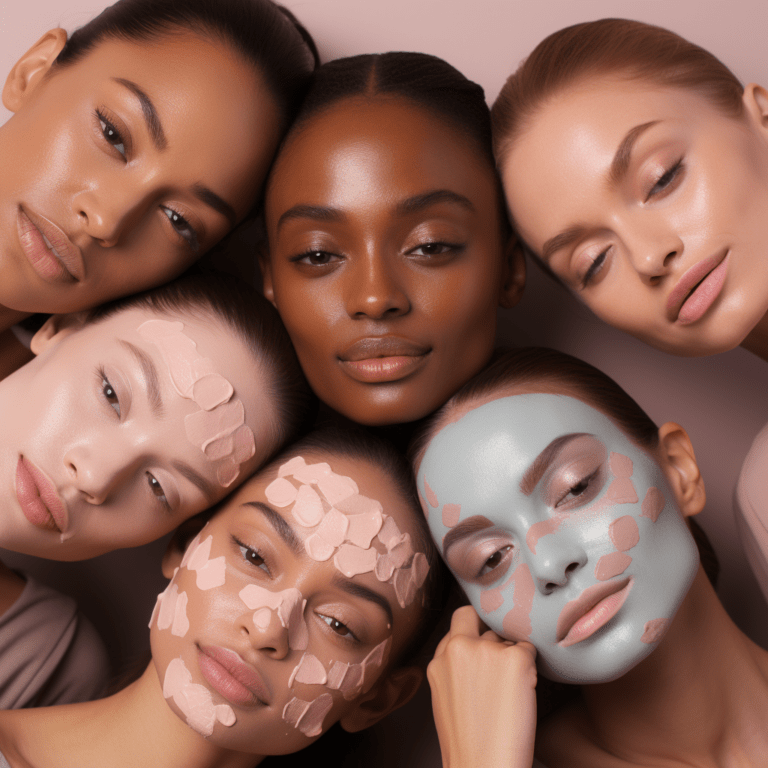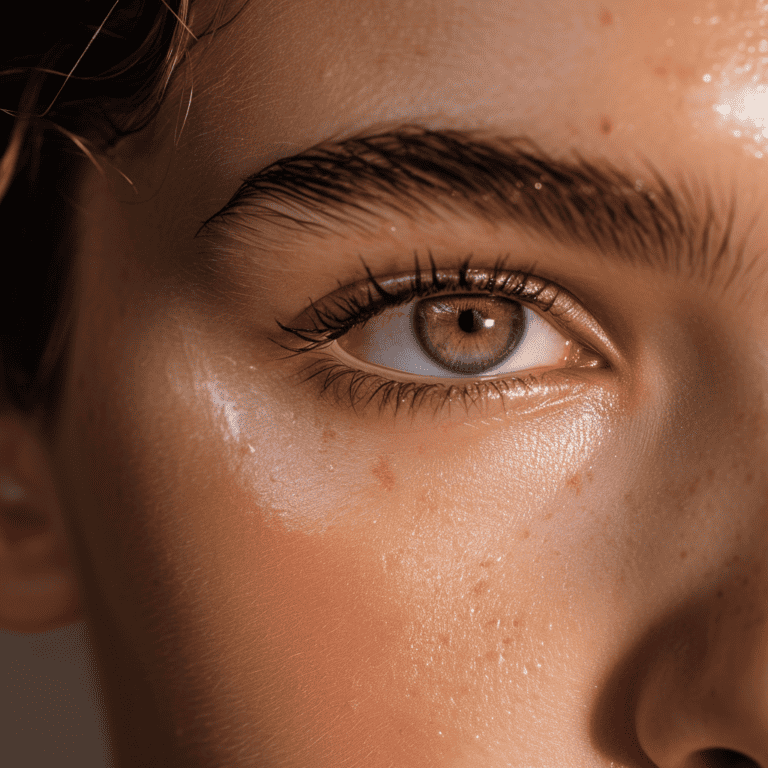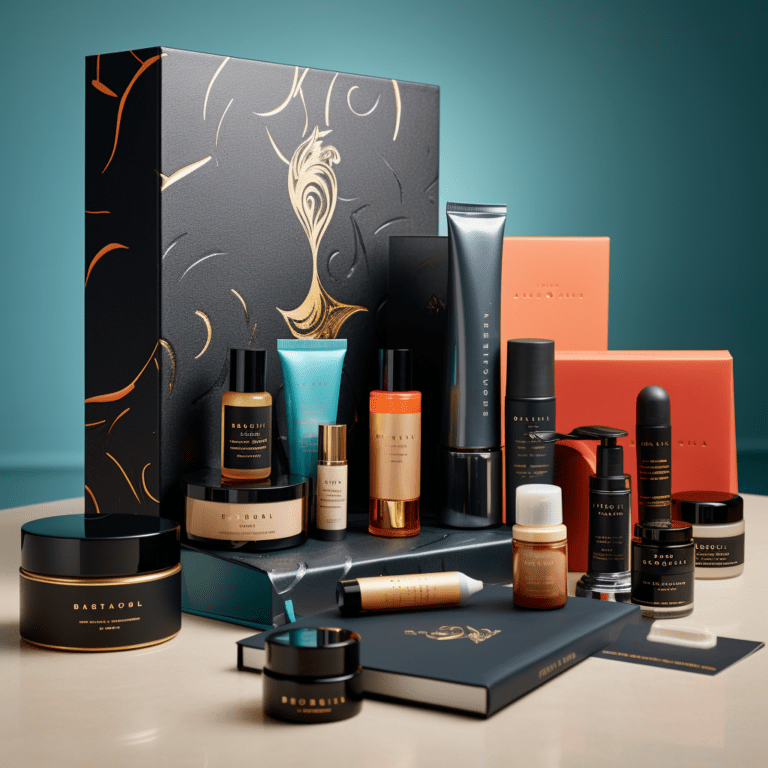Anti-Dandruff Shampoos and Treatments: An In-Depth Guide
Dandruff, a common scalp condition, can be both uncomfortable and embarrassing. Fortunately, there are numerous effective treatments and shampoos available to tackle this issue. This article explores the world of anti-dandruff solutions, offering insights into their effectiveness, ingredients, and application methods.
Understanding Dandruff: Causes and Symptoms
Before diving into treatments, it’s crucial to understand what causes dandruff. Essentially, dandruff is a result of the overproduction of skin cells on the scalp, leading to flaking and, in some cases, itchiness. Several factors contribute to this condition, including dry skin, sensitivity to hair care products, and a yeast-like fungus called Malassezia.
Symptoms of dandruff include:
- White or yellow flakes on the scalp and hair
- Itchy scalp
- Redness or irritation
Choosing the Right Anti-Dandruff Shampoo
When selecting an anti-dandruff shampoo, consider the following key ingredients, each known for their dandruff-fighting properties:
1. Zinc Pyrithione
- Function: Fights yeast and bacteria
- Best For: Mild to moderate dandruff
2. Salicylic Acid
- Function: Helps remove scalp scales
- Best For: Scalp prone to buildup
3. Ketoconazole
- Function: Antifungal agent
- Best For: Severe dandruff or dandruff caused by fungus
4. Coal Tar
- Function: Slows down skin cell growth
- Best For: Persistent dandruff
5. Tea Tree Oil
- Function: Natural antifungal and antibacterial
- Best For: Those preferring natural ingredients
Tips for Using Anti-Dandruff Shampoos:
- Consistency: Use regularly for best results.
- Application: Massage into the scalp and leave for several minutes.
- Rinse Thoroughly: Ensure all shampoo is washed out to avoid residue.
Complementary Treatments and Home Remedies
Scalp Treatments
- Medicated Treatments: Consult a dermatologist for prescription solutions.
- Natural Oils: Oils like coconut or olive oil can moisturize the scalp and reduce flakes.
Dietary Changes
- Omega-3 Fatty Acids: Promote skin health and may reduce dandruff.
- Probiotics: Improve gut health, potentially impacting scalp health.
Stress Management
- Relaxation Techniques: Stress can exacerbate dandruff, so managing it can help.
Home Remedies
- Apple Cider Vinegar: Balances pH levels of the scalp.
- Baking Soda: Exfoliates the scalp naturally.
When to See a Dermatologist
While many cases of dandruff can be managed with over-the-counter shampoos and home remedies, severe or persistent cases may require a dermatologist’s intervention. If you experience excessive flaking, redness, or irritation that doesn’t improve with treatment, seek professional advice.
Conclusion
Dandruff can be a persistent and annoying problem, but with the right approach, it’s manageable. By understanding the causes, selecting the right shampoo, and combining treatments with home remedies, you can effectively combat this condition. Remember, if your symptoms persist, consult a dermatologist for specialized care.

